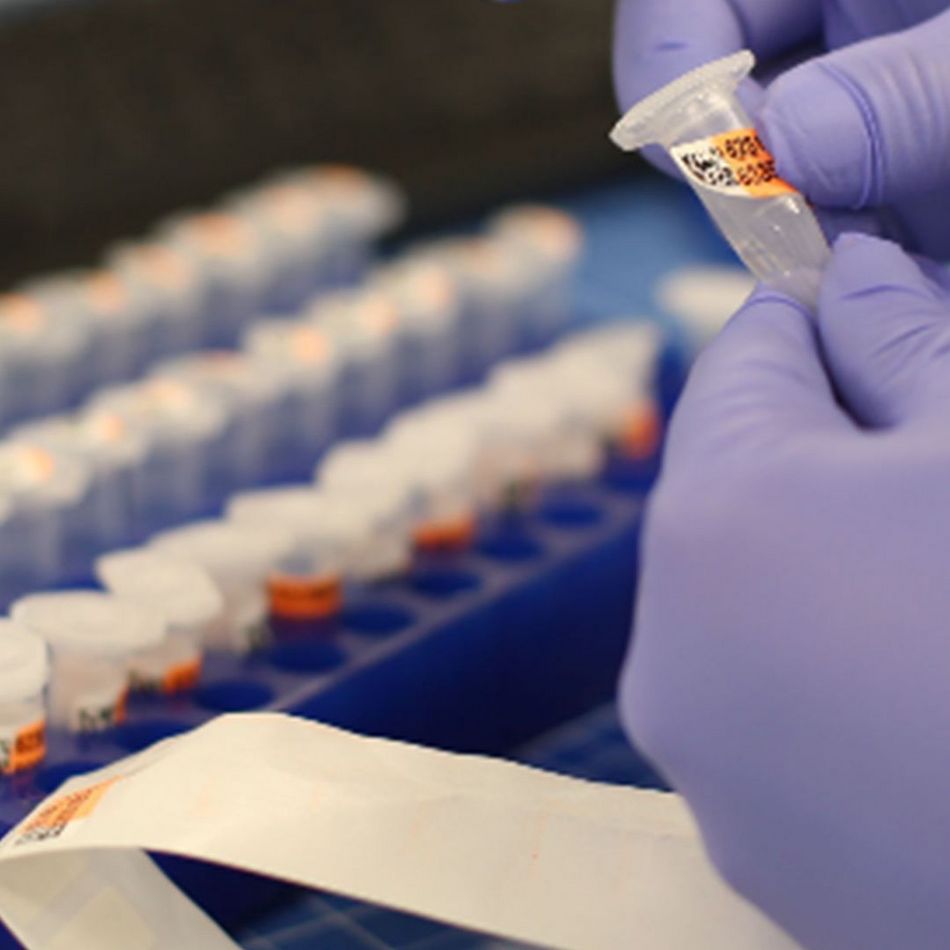Parkinson’s Disease
Parkinson’s disease (PD) is a progressive neurodegenerative disorder affecting approximately 2% of the population over 60 years of age. Onset before age 21 is referred to as juvenile-onset PD. If symptoms appear before the age of 50, the disease is referred to as early-onset PD. The disease is associated with a broad spectrum of motor and non-motor features. Characteristic pathology includes neuronal loss in specific areas of the substantia nigra of the midbrain and widespread intracellular protein α-synuclein accumulation. Primary motor symptoms include tremor, muscle rigidity, and bradykinesia.
Since the 1990s, researchers have identified several major gene variants that increase the risk of developing PD. There is now an abundance of scientific literature documenting the frequency of these variants in different populations and their effects on phenotype and clinical course.123
Globally only 15% of patients report a family history of PD symptoms. The remaining 85% of PD cases are classified as sporadic.4 The incidence of any known causal PD mutation is rare, occurring in less than 2% of the PD population. The two most common mutated genes associated with familial PD are LRRK2 and PRKN and are reported at frequencies of 0.7% and 0.3% respectively in all people showing PD symptoms. 4
However, the distinction between genetic and sporadic PD is blurry. No single-gene mutation in PD has a 100% penetrance. Multiple genetic risk factors likely act in synergy to increase the risk of both familial and sporadic PD. Such genetic susceptibilities interact with aging and environmental factors to cause disease. 4
Symptoms
- Decreased facial expression
- Sleep disturbances
- Abnormal eye movement
- Sensory disturbances e.g., decreased sense of smell
- Symptoms of autonomic dysfunction (constipation, sweating abnormalities, sexual dysfunction, seborrheic dermatitis)
- Weakness, fatigue
- Depression or anhedonia
- Tremor
- Postural instability
- Decreased arm swing on the first-involved side
- Dementia
- Seizures

Pharma
ROPAD Study
CENTOGENE is collaborating on a study with the University of Lübeck and Denali Therapeutics to identify patients with PD who carry the LRRK2-gene variant. The goal is to estimate the prevalence of LRRK2 and related gene variants (other than LRRK2) in a cohort of PD patients and to look for potential biomarkers. For questions about the study or to partner with CENOTOGENE to research potential therapeutics, please contact our team working on the ROPAD study.

Clinicians
NGS Panels
CENTOGENE’s NGS panels for hereditary variants of PD have been carefully designed to identify pathologic relevant genetic variants.

Patients
Genetic Counseling
CENTOGENE only provides genetic testing ordered by a doctor. Results from genetic testing can have a profound impact on your life. We strongly recommend that you seek genetic counseling. Counselors can advise you and your family on whether to take a genetic test. They can also help you understand your genetic test results and their implications.
The following question and answer form can support discussions with your doctor about genetic testing:
Footnotes
1Escott-Price, V. et al. Polygenic risk of Parkinson disease is correlated with disease age at onset. Ann. Neurol. 77 (4), Apr. 2015, 582-91, doi: 10.1002/ana.24335.
2Simón-Sánchez, J. et al. Genome-wide association study reveals genetic risk underlying Parkinson’s disease. Nat. Genet. 41 (12), Dec.2009, 1308–1312, doi: 10.1038/ng.487
3Chang, D. et al. A meta-analysis of genome-wide association studies identifies 17 new Parkinson’s disease risk loci. Nat. Genet. 49(10), Oct. 2017, 1511-1516. doi: 10.1038/ng.3955.
4Tran, J., Anastacio, H. & Bardy, C. Genetic predispositions of Parkinson’s disease revealed in patient-derived brain cells. npj Parkinsons Dis. 6, 8, Apr. 2020, doi.org/10.1038/s41531-020-0110-8
Get in Touch With Our Customer Support
Our consultation service is available in several languages.
+49 (0) 381 80 113 - 416
Mon. – Fri. 7 a.m. – 6:30 p.m. CET
Sat. 8 a.m. – 12 p.m. CET
